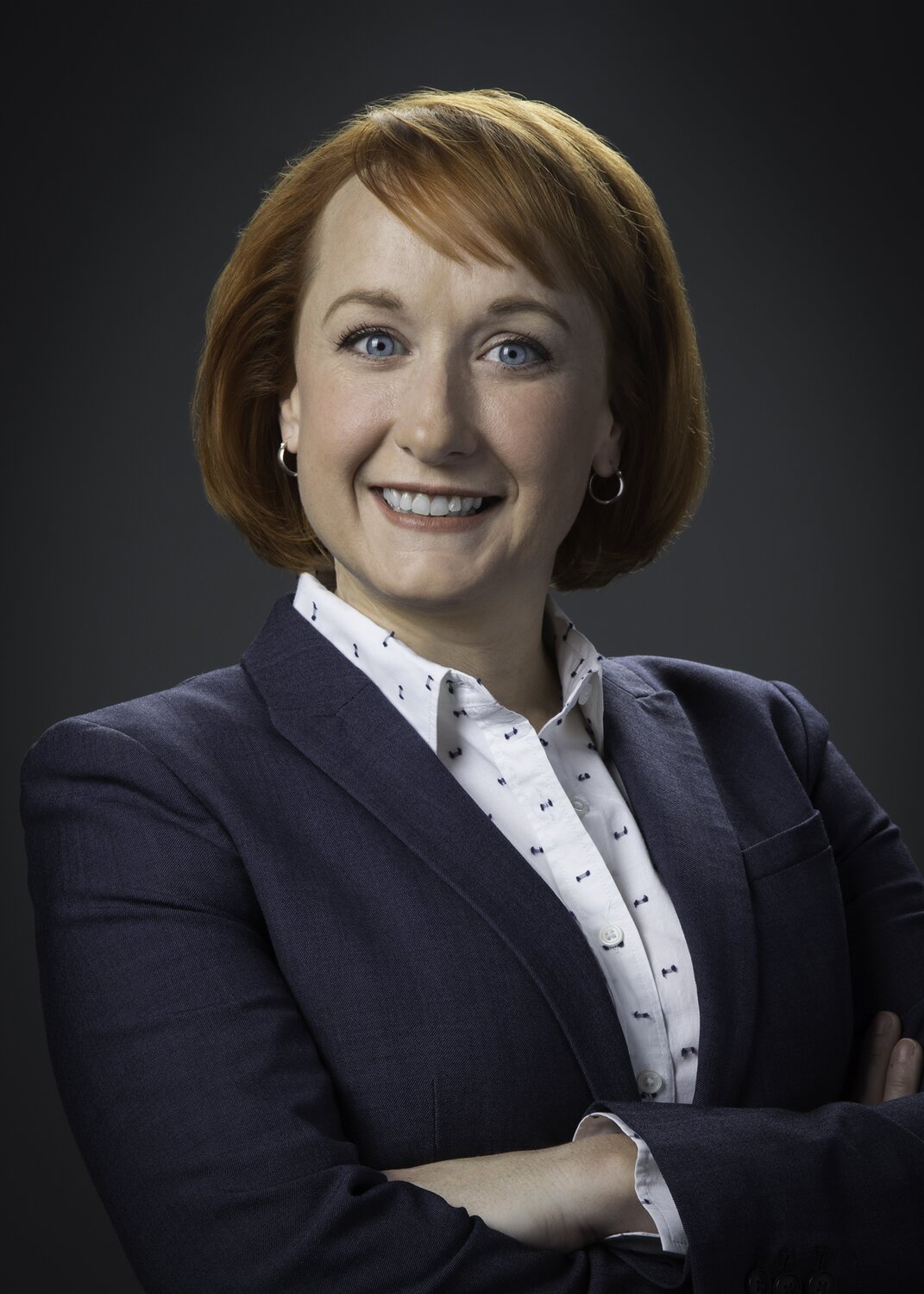Opinion: You’re reading this on the internet, but not every family in Colorado can

Opinion: You’re reading this on the internet, but not every family in Colorado can. Public minded stations are still here to educate children.
As we enter the third month of this pandemic, the days are blurring. As a state, our situation continues to change. Day by day. Hour by hour. We all know it. We certainly all feel it. But we’re not all seeing the same effects.
Districts across the state report that nearly 65,000 families do not have reliable internet. During a time which is now marked by an increasing scarcity of childcare and an attendant abundance of screens, families are facing huge burdens as they try to keep their kids learning. It’s unclear how much learning is going on for those who have tablets or computers and can use Zoom and Google Hangouts – but in areas without reliable access to high-speed internet (or without the devices to access it) the answer is likely very little.
One thing we do know: many of these families have television. The numbers of households tuning in to PBS Kids channels tell us these families are still watching.
It may sound strange that Rocky Mountain PBS could be working overtime to create new content during this time. Meaningful content that can provide comfort and narrow achievement gaps - content that reaches across political factions and social boundaries and isn’t intended to make any money. But that’s exactly what our team is working overtime to do.
Beginning tomorrow, May 18, RMPBS is featuring the sunny faces of eight Colorado teachers from districts around the state who will offer daily lessons on PBS channels statewide to kindergarten through third grade students in Colorado Classroom: Read with Me at Home. Thanks to a partnership with the Colorado Governor’s Office, Colorado Department of Education, Colorado Education Initiative, and the generous support of Gary Community Investments, this program will air weekdays from 8 a.m. to 10 a.m., for free, in English with Spanish closed captioning.
Over the next five weeks, RMPBS is also providing supplemental at-home learning tools developed by teachers for parents to use with their children. These are available online at RMPBS.org/coloradoclassroom, or for those families without internet access, they can be obtained by calling 800-274-6666.
This work is an important extension of how we fulfill our mission. In order to maintain public trust, we must respond to community needs and encourage the principles of diversity, equity and inclusion (DEI) even more deeply for the communities we serve. Since our educational beginnings as the television arm of Denver Public Schools in 1956, Rocky Mountain PBS has grown to be an essential voice for all Colorado communities. We expanded to become Rocky Mountain Public Media, and today, we reach 98% of Colorado households through our television station and our two public radio stations: KUVO JAZZ and THE DROP.
The new educational programming our team is producing is one of the ways we are centering our mission on inclusivity and translating this commitment into action, but it’s not the only way. We are striving to be a leader among public media organizations where all employees are seen and heard, to continue to challenge systems of privilege and disadvantage, such as those based on class, race, ethnicity, gender, sexuality and dis/ability. We are deeply committed to reaching across social divides in order to make space for those who remain underserved and minoritized, as well as those who are marginalized in society.
As our ability to reach our communities has expanded over the years, so has our vision to better serve community needs by providing media platforms to amplify the voices of every Coloradan. In fact, the Public Broadcasting Act of 1967 requires organizations like ours to serve everybody, everywhere, every day, for free - because every Coloradan should have the opportunity to be seen and heard.

President & CEO Rocky Mountain Public Media
As head of a PBS station, I think of the paradigm shift that gave rise to “Sesame Street,” with its colorful monsters, diversity of faces, and musical lessons – and the a measurable effect it had on children’s grade-level achievement, particularly pronounced for boys, black, non-Hispanic children and those living in economically disadvantaged areas. This is the power of public media – the power to respond to community needs – is the mission we are honored to carry forward for communities across Colorado.
